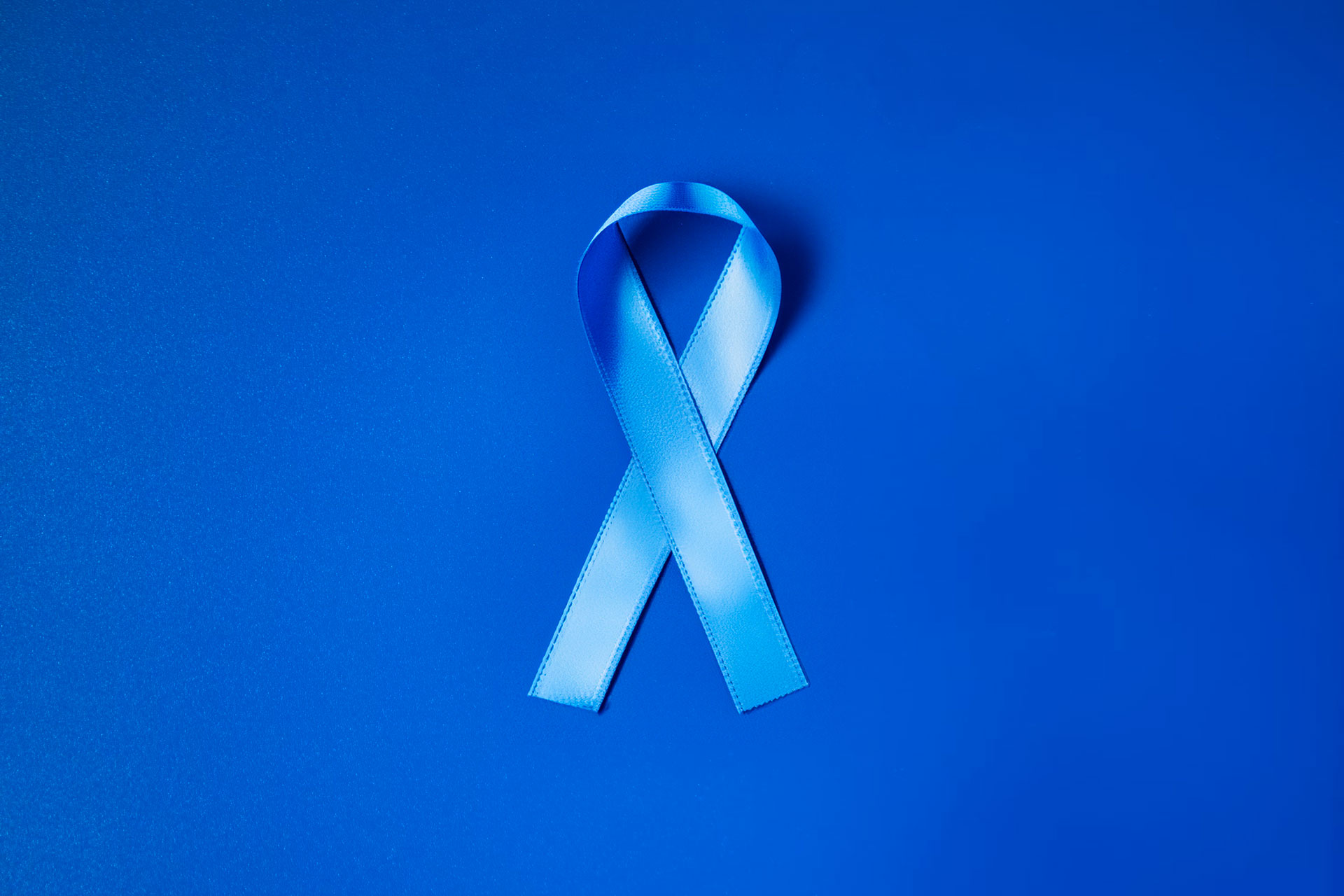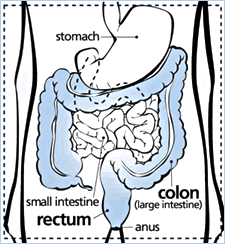
Colorectal Cancer Screening
If you’re between ages 45 to 75 years, get screened (tested) regularly for colorectal cancer. Screening tests can help prevent colorectal cancer or find it early, when it may be easier to treat.
You may need to get screened before age 45 years if colorectal cancer runs in your family. Your doctor may also recommend that you continue to get screened if you’re between ages 76 and 85 years, depending on certain risk factors and your overall health.
How often should I get screened for colorectal cancer?
How often you need to get screened will depend on:
- Your risk for colorectal cancer
- Which screening test you choose
How do I decide which type of screening test to get?
There are different ways to screen for colorectal cancer. Your doctor can help you decide which type of screening test is right for you.
Before you talk with your doctor about which screening to get, it can be helpful to think about your values and preferences. Answer these questions to find out which screening test you would prefer — then share the results with your doctor.
What to Expect
What are the different kinds of screening tests?
There are several different kinds of screening tests for colorectal cancer. The main types are:
- Stool-based tests
- Tests that look directly inside the colon and rectum
Stool tests are done at home. You collect a stool (poop) sample and send it to your doctor’s office or a lab for testing.
Tests that look directly at your colon and rectum — like a colonoscopy — happen in a doctor’s office or hospital. For these tests, you need to take a laxative to clean out your bowels before the appointment. For a colonoscopy, you’ll get anesthesia before the test, and you’ll need someone to drive you home after the test.
Your doctor will tell you how to get ready for your test, including if you need to avoid certain foods or medicines beforehand. Learn more about colorectal cancer screening tests.
Does it hurt to get a colonoscopy?
Preparing for a colonoscopy can be unpleasant, but most people agree that the benefits to their health outweigh any discomfort. And getting anesthesia means you won’t have any pain or feel uncomfortable during the test.
To learn more, check out these colorectal cancer screening stories from real people.
Colorectal Cancer
What is colorectal cancer?
Colorectal cancer is a cancer that develops in the colon or the rectum. The colon is the longest part of the large intestine. The rectum is the bottom part of the large intestine.

Like all cancers, colorectal cancer can spread to other parts of your body. Find out more about colorectal cancer.
Am I at Risk?
Am I at risk for colorectal cancer?
The risk of developing colorectal cancer increases as you get older. That’s why screening is recommended for everyone ages 45 to 75 years.
Other risk factors are:
- Having certain types of polyps (growths) inside the colon
- Having a personal or family history of colorectal cancer
- Smoking cigarettes
- Being overweight or having obesity
- Not getting enough physical activity
- Drinking too much alcohol
- Having inflammatory bowel disease, like Crohn’s disease, ulcerative colitis, or other health conditions that cause chronic (long-term) problems with the small intestine and colon
Use this calculator with your doctor to find out your risk of colorectal cancer.
Take control — get screened regularly.
If you get screened regularly, you have a good chance of preventing colorectal cancer or finding it when it can be treated more easily.
During a colonoscopy:
- If your doctor finds polyps inside your colon, they can remove the polyps during your test — before they turn into cancer
- If your doctor finds cancer during the test, you can take steps to get treatment right away
If you get an unusual result on a stool test, your doctor will do a follow-up colonoscopy to look for cancer.
Services
